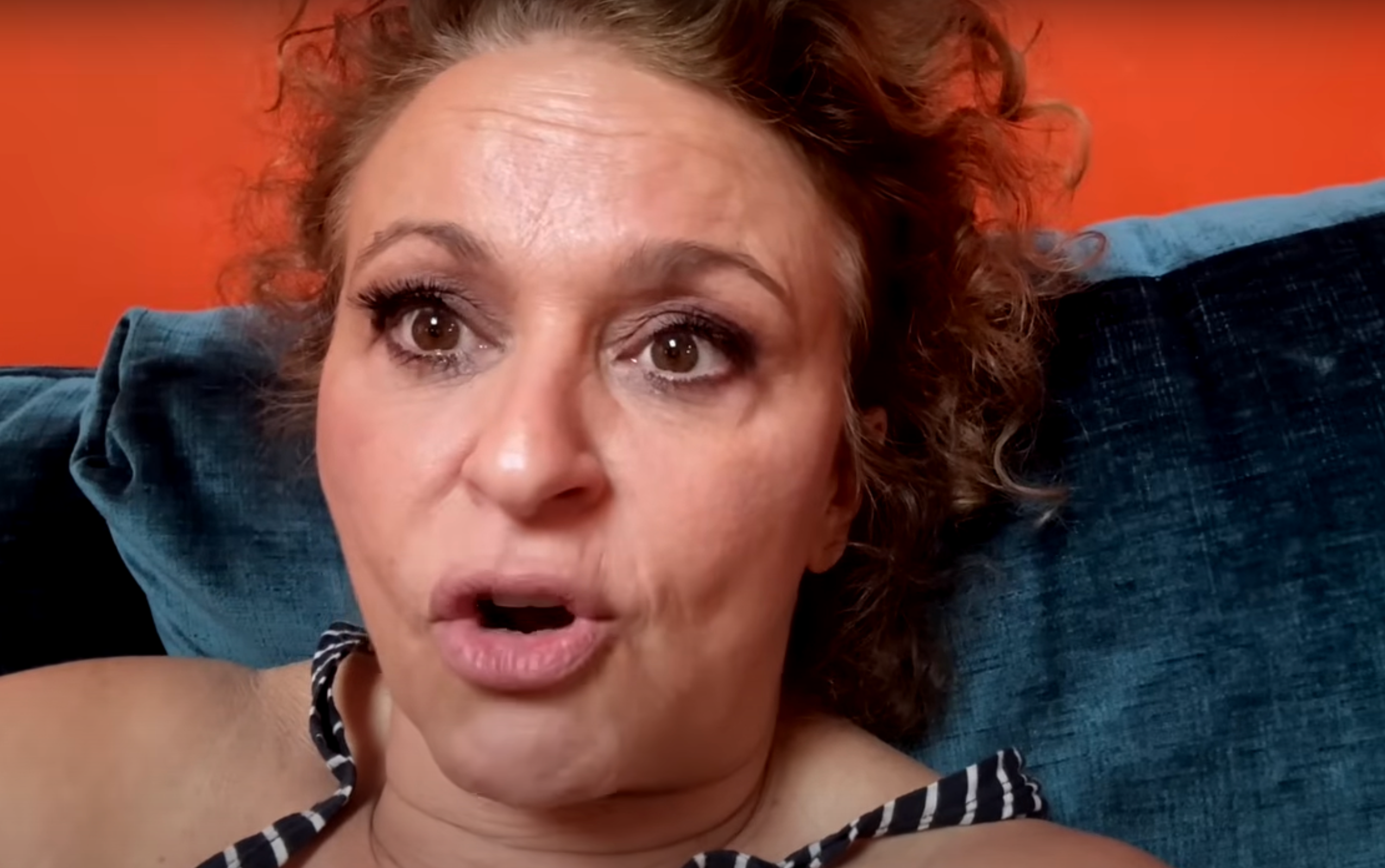Loose Women star Nadia Sawalha has said she’s suffering from “horrendous” health anxiety that convinces her she’s developing a severe disease, such as dementia or breast cancer, on a daily basis.
The 60-year-old TV personality said she questions whether she’s developing dementia up to 35 times a day, adding the “terrifying” intrusive thoughts leave her entirely drained of any energy to enjoy life.
Other conditions Sawalha has become convinced she may develop include bowel cancer, skin cancer, asbestos poisoning and Weil’s disease – a rare bacterial infection linked to rats.
“I’m always worrying that I’ve got some new and dreadful disease,” Sawalha shared in a video posted to her YouTube channel.
“Something will pop up on Instagram or my 17 or 21-year-old will share something with me on TikTok or a magazine [will publish something] and I will just obsess.”
The TV star said the most “petrifying” illness she preoccupies herself with is dementia, which currently has no cure.
“There wasn’t anything I did today, any interaction or transaction, where I didn’t go ‘that was a bit weird, is that dementia,’” she admitted.

“Oh my God, it’s so draining,” Sawalha said of her obsessions, which have lately included constantly checking her moles for potential skin cancer.
She added: “It steals the joy of life, I could be having a good time with family and then I’m like ‘I’m going to have that illness soon and I won’t be here,’ and I can’t discuss it with my kids because they get mad, they’re terrified.”
Sawalha shares daughters Kiki, 17, and Maddie, 21 with husband Mark Adderley, who she married in 2002.

The TV host has lost numerous friends to cancer and is a vocal campaigner for the life-changing breast cancer drug Enhertu to be made available in Wales, Northern Ireland and England.
Health anxiety is related to obsessive compulsive disorder (OCD). It may manifest in someone constantly worrying about, checking for symptoms of, or asking for reassurance about certain illnesses.
Signs may also include obsessively looking at health information online and questioning whether doctors missed something in tests or scans.
According to the NHS, treatment for the condition can include talking therapy like cognitive behavioural therapy (CBT), and medication for anxiety.
The lifestyle medicine that could clear menopausal brain fog
Formula 1 champion Jackie Stewart built care home to look after wife with dementia
Cats develop dementia in a similar way to humans, study finds
Four simple tips to protect your heart, according to a biokineticist
6 signs your sleeping pattern is out of whack – and how to improve it
Researchers say your ability to catch up on sleep may be out of your control







